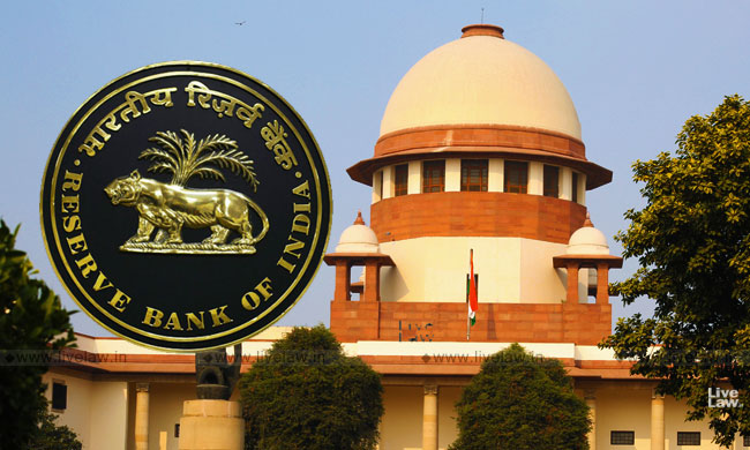All You Want To Know About Law On Willful Defaulters
Siddhi Kochar & Aditya Singh
19 Jun 2019 10:44 AM IST

Next Story
19 Jun 2019 10:44 AM IST
The case of Willful Defaulters was taken up by the Central Vigilance Commission back in 1999. It gave instructions for the collection of information on willful defaults of Rs.25 lakhs and above. Pursuant to these instructions, Banks and notified Financial Institutions were required to submit information on willful defaulters to RBI. The RBI, on 1.07.2015 (Revised) issued a...
